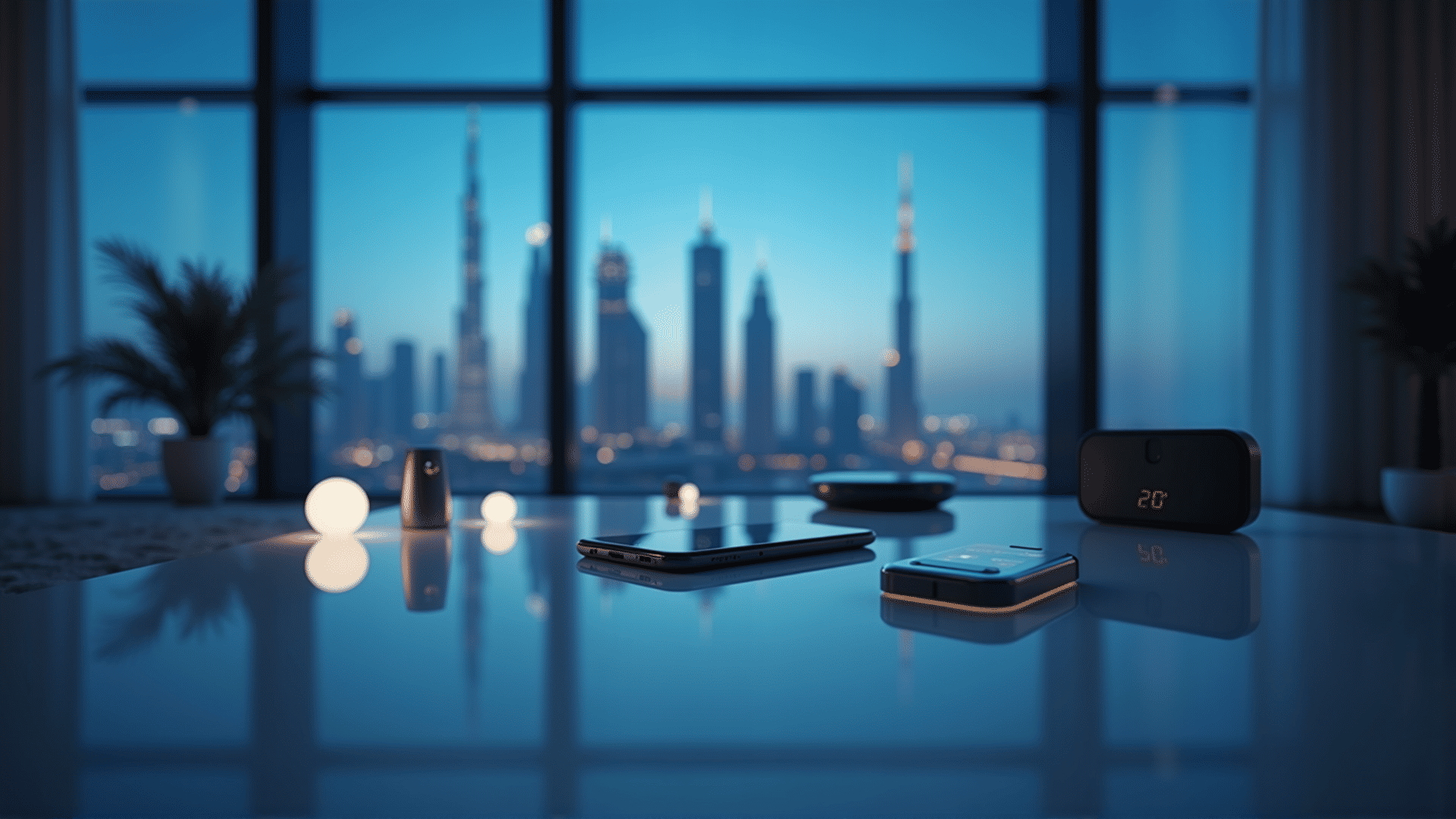The rapid proliferation of the Internet of Things (IoT) is significantly transforming the landscape of mobile technology, especially in tech-forward regions like the United Arab Emirates (UAE). As a hub for innovation, the UAE is strategically leveraging IoT to enhance mobile connectivity, optimize resource management, and pave the way for a future that integrates seamlessly with smart technologies. This confluence of IoT and mobile technology is set to redefine communication, industry operations, and daily life.
At its core, IoT refers to a network of interconnected devices or "things" embedded with sensors, software, and other technologies that enable data exchange and automation. The synergy between IoT and mobile technology is particularly profound. Mobile devices, once primarily used for communication, are now becoming central hubs for IoT operations. They serve as controllers for IoT applications, allowing users to interact with smart devices, collect data, and automate tasks from virtually anywhere.
In the UAE, this intersection is evident in various sectors, catalyzed by the government's strong push towards digital transformation. The UAE Vision 2021, for instance, aims to foster an economy grounded in knowledge and innovation, partly through the adoption of cutting-edge technologies. Smart cities, such as Dubai and Abu Dhabi, are integrating IoT solutions to enhance urban living. These cities utilize IoT to manage traffic, control energy usage in buildings, ensure public safety through surveillance systems, and provide efficient waste management solutions, all controlled or monitored through mobile interfaces.
For consumers, the integration of IoT with mobile technology means enhanced convenience and connectivity in every aspect of daily life. Smart homes equipped with devices that can be controlled through a smartphone application are becoming common. These systems allow residents to manage their environment remotely — from regulating room temperatures to securing properties through smart security systems.
In the business realm, IoT-driven mobile solutions are enabling enterprises to streamline their operations. Industries such as logistics, healthcare, and retail are harnessing mobile IoT technology for predictive maintenance of equipment, remote monitoring of health parameters, and personalized customer services, respectively. This not only leads to cost-efficiency but also enhances service delivery and innovation.
Moreover, the telecommunications sector is experiencing a paradigm shift, with mobile network providers in the UAE investing heavily in 5G technology. 5G's high-speed connectivity and low-latency features are vital to unlocking the full potential of IoT applications, enabling faster and more reliable communication between interconnected devices. This network evolution is crucial for supporting the growing number of IoT devices and the massive data they generate.
Looking to the future, the implications of IoT-augmented mobile technology in the UAE are vast. As IoT systems become more sophisticated and widespread, they promise to drive new business models, foster innovation, and redefine the parameters of technology-enabled living and working environments. However, this evolution also presents challenges, particularly in the areas of cybersecurity and data privacy. Safeguarding sensitive information and securing IoT networks against cyber threats will be paramount to maintain public trust and ensure the secure deployment of IoT solutions.
In conclusion, the integration of IoT into mobile technology holds tremendous potential for the UAE, propelling the nation towards becoming a global leader in smart technology adoption. As IoT continues to reshape industries and improve quality of life, the UAE's commitment to fostering a robust, digitally advanced society will be instrumental in realizing a future where technology and connectivity are more deeply embedded in the fabric of everyday life.
